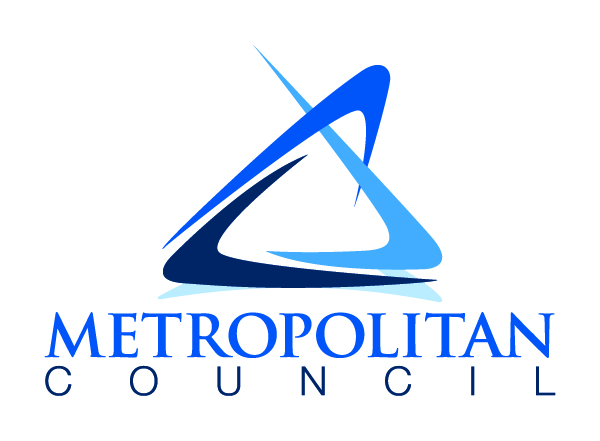
In 2005, the Minnesota Legislature decided to give regional water supply planning responsibilities to the Metropolitan Council (Met Council). The Council’s role in water supply is not as a supplier nor as a regulator. Rather, the Met Council collaborates with “water utilities and other water agencies in long-range planning, providing data and analysis, giving grants for water conservation, and facilitating sub-regional water partnerships”.
This September, the Met Council published the report “Water Supply Planning in the Twin Cities Metropolitan Area (2005-2020)“, which highlights recent projects and planning activities addressing the water supply needs of the region, along with new findings and recommendations for moving forward.
While the Twin Cities area has relatively plentiful water resources, factors like population growth, increased pumping of groundwater (on which 75% of the region’s population solely relies), land use changes, and changes in climate patterns create challenges for some communities to be able to meet demand.
The report begins by describing the water supply sources for the metro region and key factors shaping the approach to water supply planning by the Met Council and its partners. After describing the Council’s role in water supply planning and its approach, key findings are presented. The report then highlights various successes the Met Council and its partners have accomplished over the years.
One highlight is the “Northwest Metro Area Water Supply System Study”, which was the result of a collaboration between the Anoka County city of Ramsey, along with the cities of Corcoran, Dayton, and Rogers. These cities, together with the Met Council, explored the costs and implementation issues of four different approaches to a multi-community water supply.
Other highlighted projects include the Metro Model – a regional groundwater flow model – and the MnTAP (Minnesota Technical Assistance Program) Water Efficiency Intern Program, among many others. If you are interested in regional water supply issues and new studies, be sure to check out the full report.
Future work can be expected to attempt to address these new questions, among others:
- “How could equity be implemented in water supply activities?
- What is the impact of climate change on our resources and operations in the water supply sector?
- How can we strengthen land use and water supply planning connections?
- What can we do to prevent contamination of our water supply sources and respond more effectively to emerging contamination, such as PFAs and chloride?”
Learn more about the Met Council at https://metrocouncil.org/.



 December 10th, 2020
December 10th, 2020  knowtheflow
knowtheflow  Posted in
Posted in